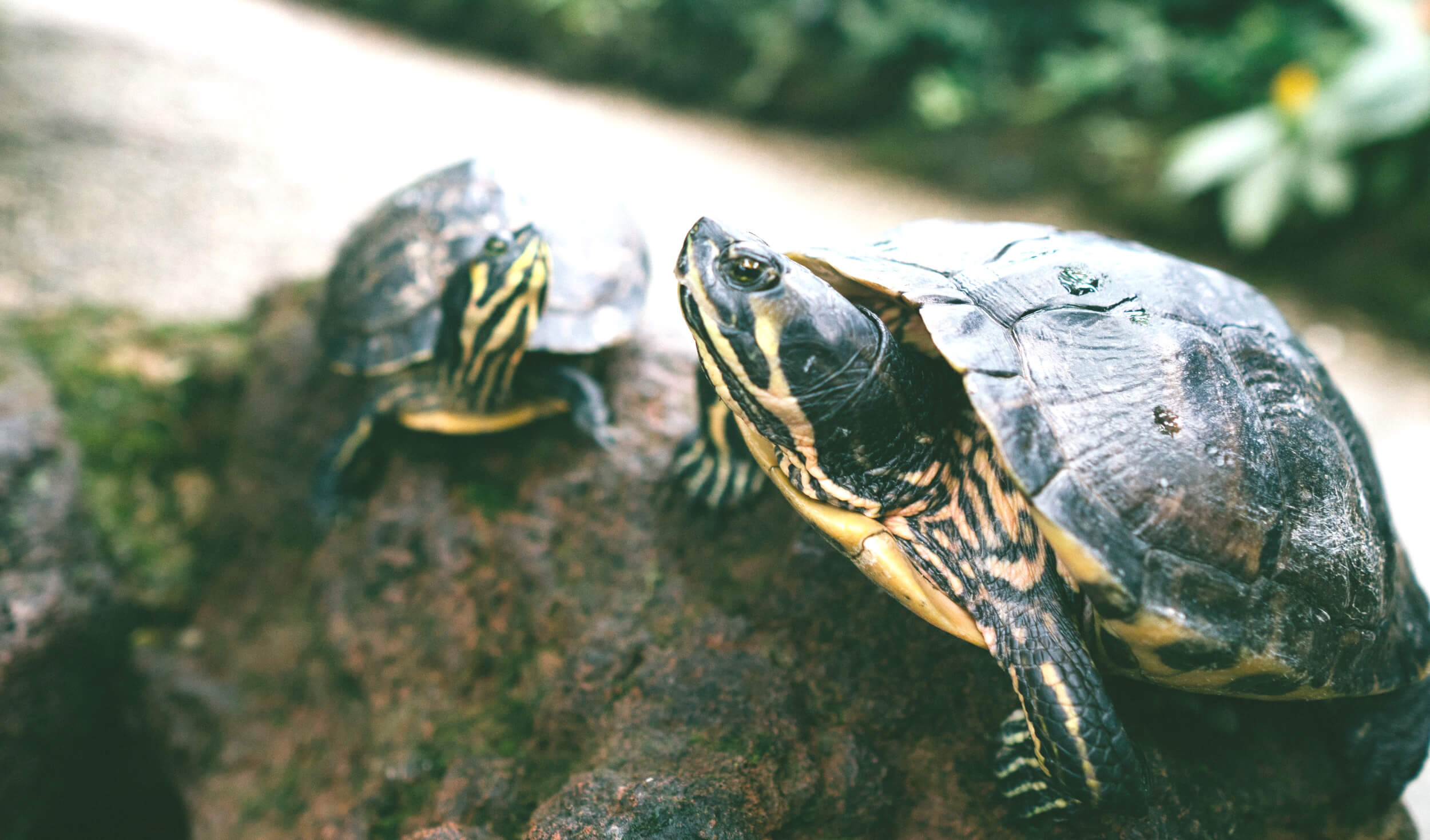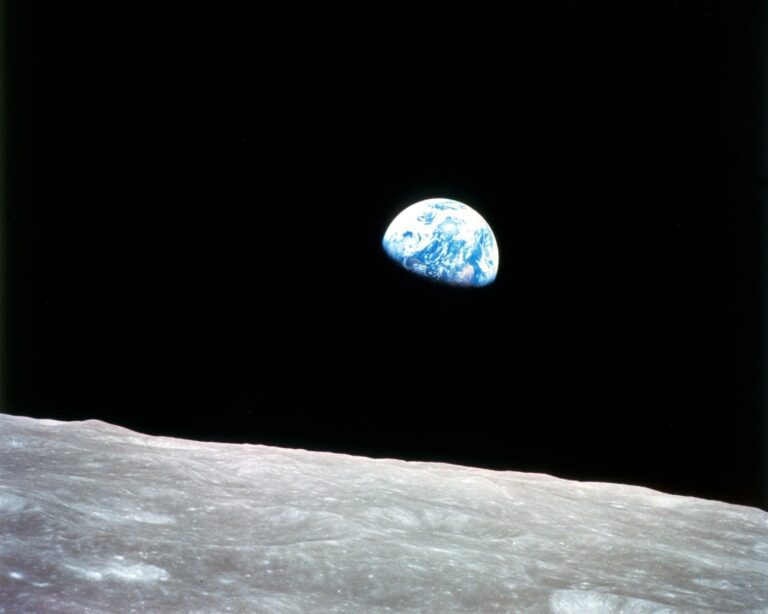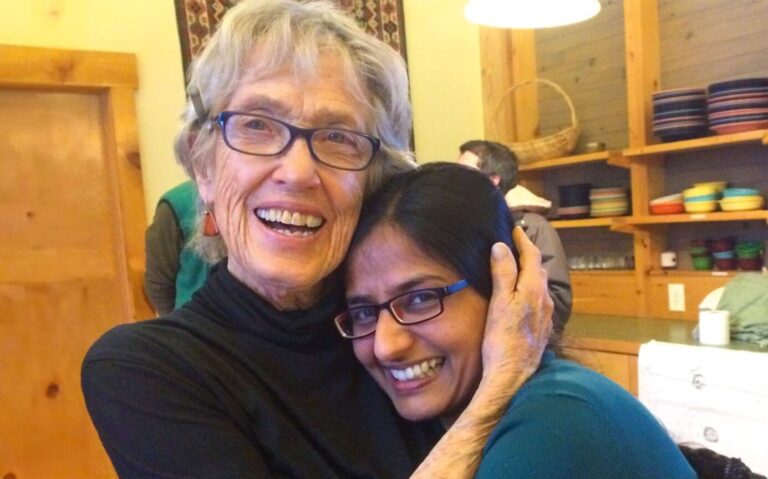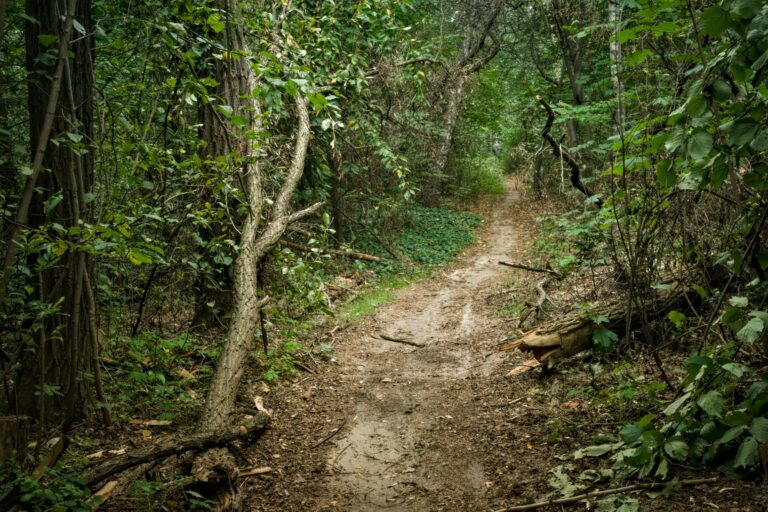Practices
Here are some practices that can help to befriend eco-anxiety and support deep adaptation.
1. Calling up moments of connection
Recall a moment of connection, ease, belonging, or inspiration that you might have had in nature, as a child or an adult. A time when you experienced a deep connection with another species (animal or plant) or felt yourself to be protected and safe in a particular place in nature. Feel in your body now what you experienced then. Connect with the goodness and beauty of that moment. Let it fill you and inspire you. You could also write about it to help you remember and connect with this experience even more deeply. You may also want to share it with others, in person or in writing.
You matter more than you think. You’re always connected with people, your language is always having a powerful effect. If humans have caused climate change, we can do something to stop it.
2. Two grounding meditations
You can use this 15-minute guided meditation to help you come back to the present moment, to centre and ground yourself whenever you are feeling anxious, fearful or lost, distracted and confused.
And this 10-minute meditation on self-compassion will help you to be kind to yourself when you are feeling overwhelmed, judgmental or critical of yourself or others.
3. Practice being in nature (plus a meditation)
Make it a practice to spend time in nature on a regular basis. It could be a particular tree you visit often, a place outdoors where you like to sit, or a view you like to take in. Make being in this spot a regular part of your schedule, weekly or daily. Notice how it changes, how it is different each time you are there. Practice to be fully present while you are there, opening up each of your senses and receiving the wisdom from this place. You may like to use this 10-minute guided meditation as a support in awakening joy and ease in this natural setting.
4. Meditation on impermanence
When we feel the strong emotion of fear (perhaps despair) regarding the future of our civilisation, the future of our planet, that might be a mindfulness bell reminding us to practice looking deeply into the impermanent nature of everything.
5. Climate crisis friends
If you haven’t already, find a person or a group of people you can connect with on a regular basis to provide support to each other to find ways to respond together to the climate crisis. This Medium article on how to have a useful conversation about climate change in 11 steps is a resource on how to begin having meaningful exchanges with people, and may help you find your tribe. You could reflect together on how you might come up with your own actions or get involved with the many good groups that are working to respond to the climate crisis.
You matter more than you think
In a recent collective trauma online summit, I watched an interview with Karen O’Brian, an IPCC scientist, Nobel Peace Prize winner with that body, and a consultant on Project Drawdown.
“We are alive at the most important moment in history, where we can make the biggest difference… There is so much potential and possibility on this planet right now for social change.”
Who is making us believe that we don’t matter, that we are just redundant? Who is making us feel that what we do doesn’t matter? It is the individualistic, deterministic, atomized understanding of reality.
She spoke about how influencing the rules of a system is a powerful leverage point. But even more powerful leverage is to shift the goals of the system, as was done with the International Declaration of Human Rights. And the most powerful leverage point of all is the capacity to transcend paradigms. She said paradigms are just thought patterns, though they govern our world and reality, if we can shift the thought patterns, we can shift everything. “You matter more than you think. You’re always connected with people, your language is always having a powerful effect… If humans have caused climate change, we can do something to stop it.” She continued:

Who is making us believe that we don’t matter, that we are just redundant? Who is making us feel that what we do doesn’t matter? It is the individualistic, deterministic, atomized understanding of reality. Quantum physics challenged all this one hundred years ago…. now we need quantum social science. What if we constructed a social science based on the quantum physics we have now, not just on Newtonian, classical science?
We are underestimating our capacity for social change. This would be the big tragedy of our times. That we came this close to that social tipping point but we gave up and backed away out of despair.
People are capable of moving and getting involved on behalf of environmental issues. It is happening all around us. In light of the anguish I expressed in Part 1, Extinction Rebellion Sri Lanka now organizes a monthly beach clean-up in Colombo.
At its first clean up, people collected over 50 bags of trash from Dehiwala beach. We are waking up a little bit everywhere. Each of us matters and it is time for each of us to play our part in shifting the paradigm to one that values all living beings and nature so that a future may be possible.
The first installment of this two-part series can be found here. This series is based on Kaira Jewel Lingo’s “Befriending Eco-Anxiety: A Practice of Deep Adaptation”, which originally appeared on ethical.net.







